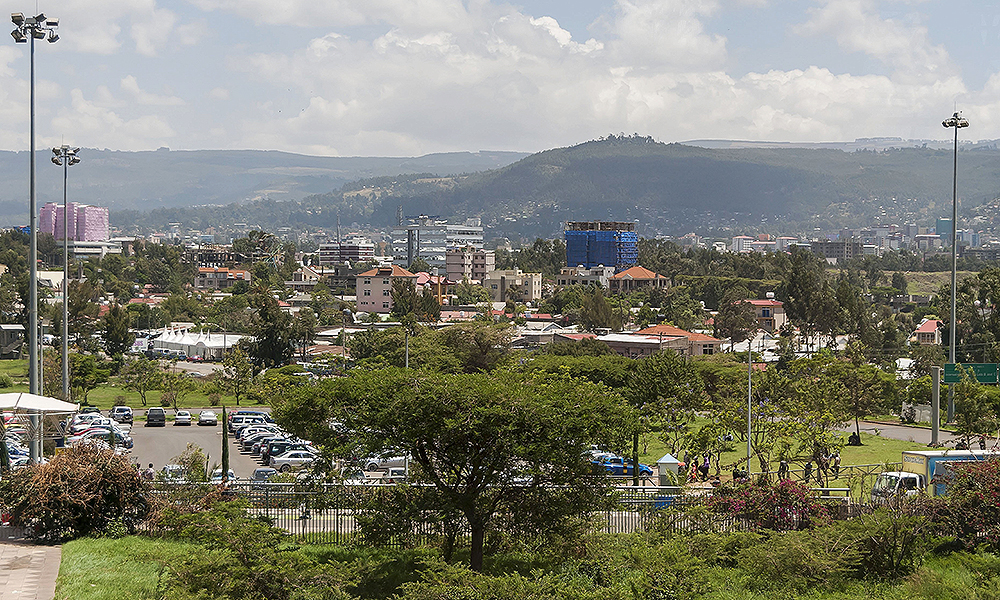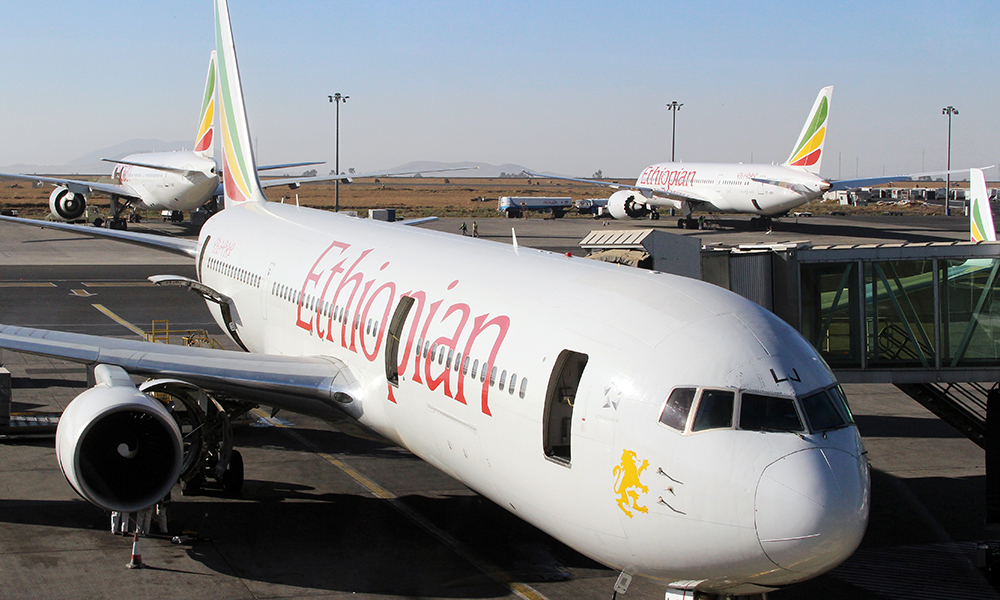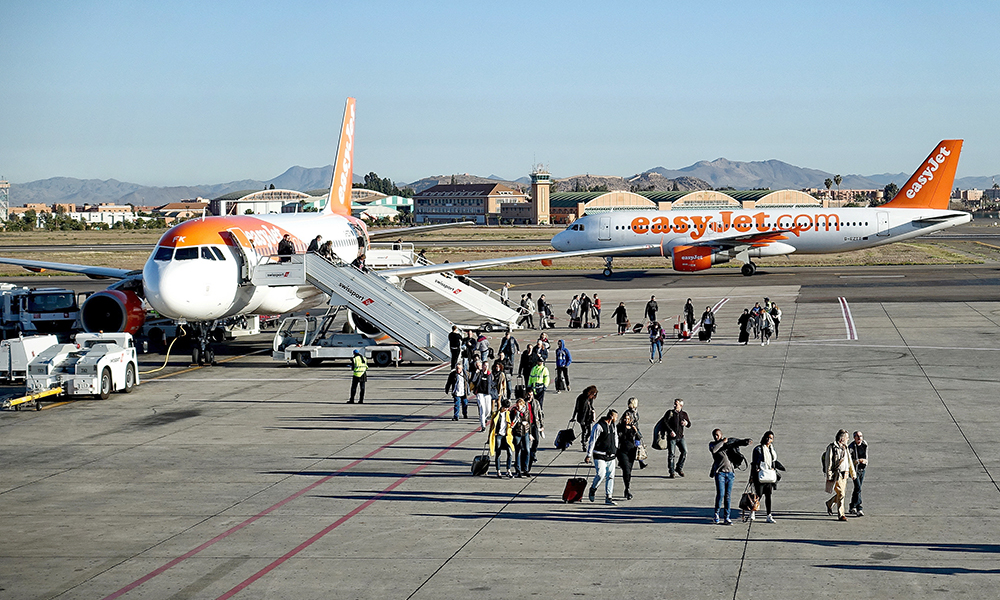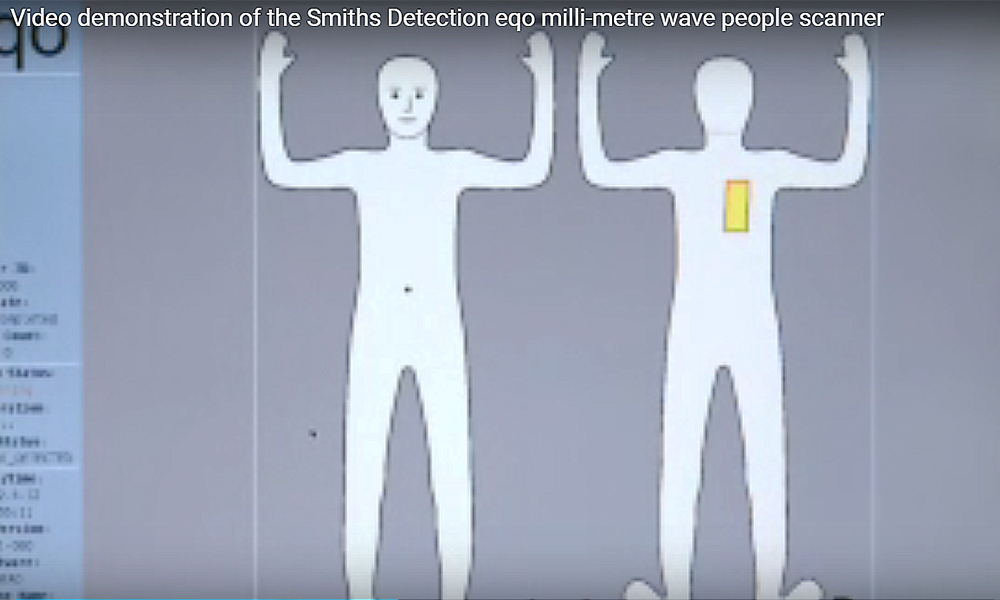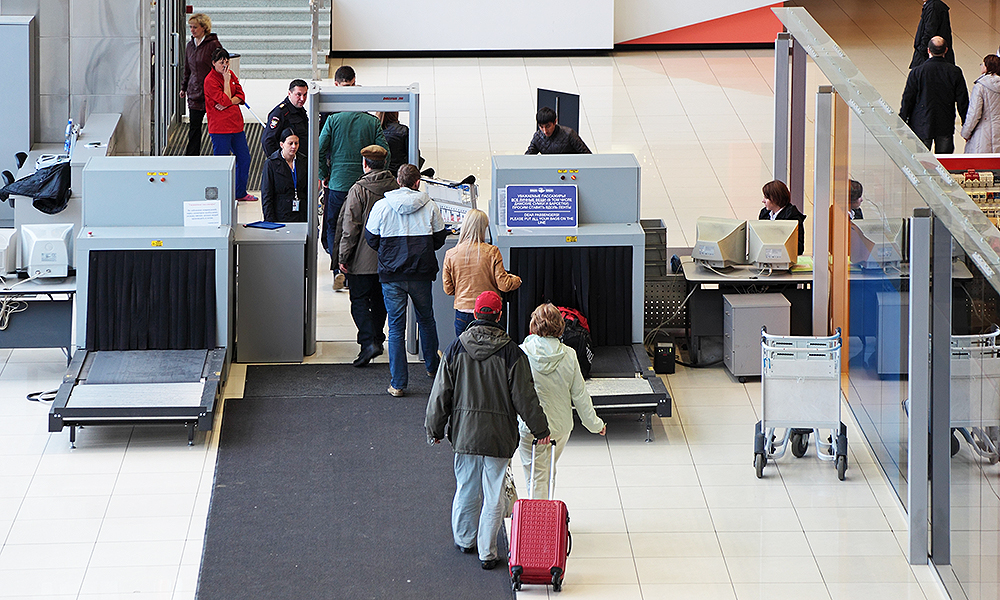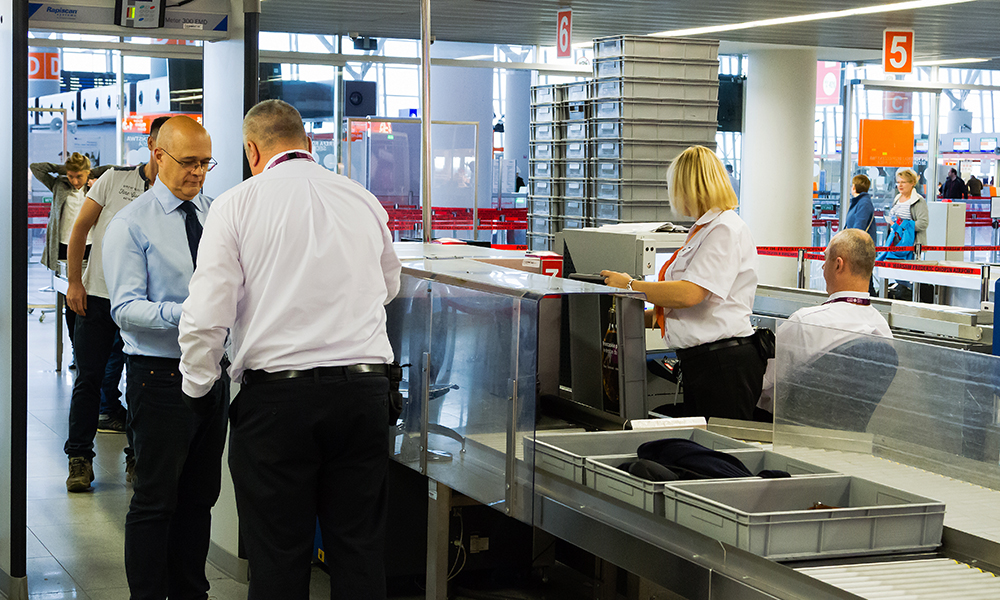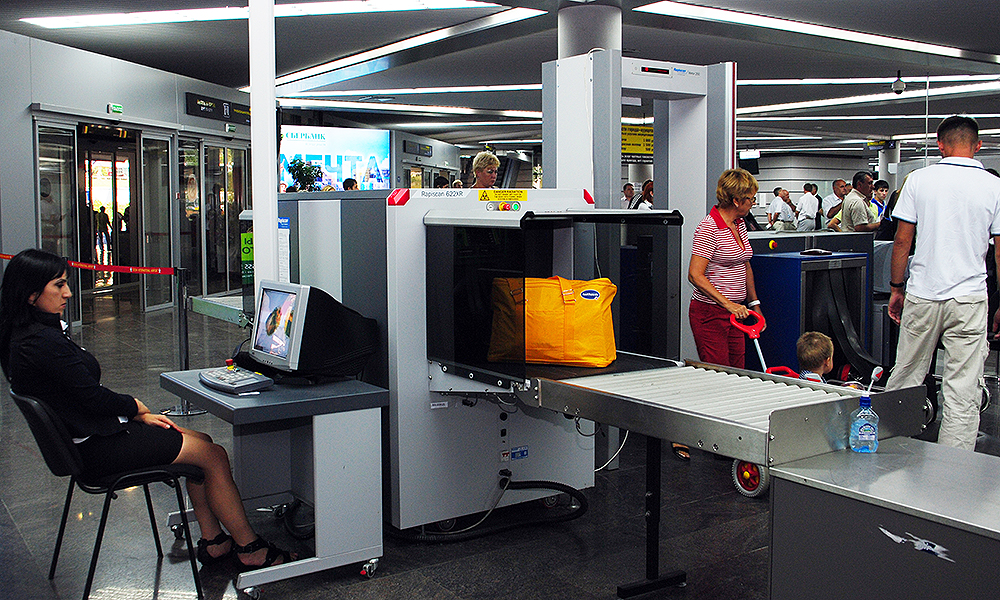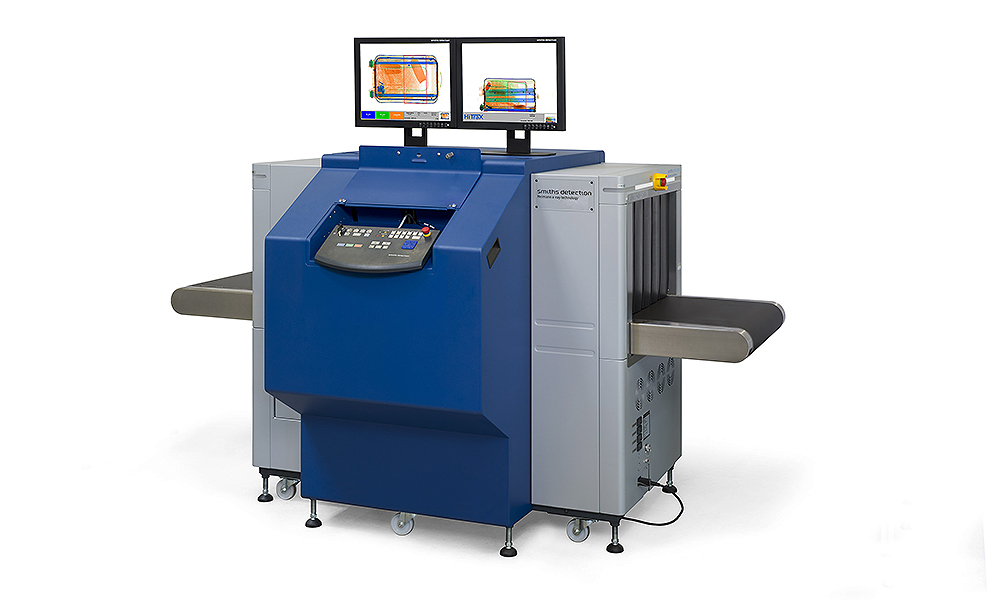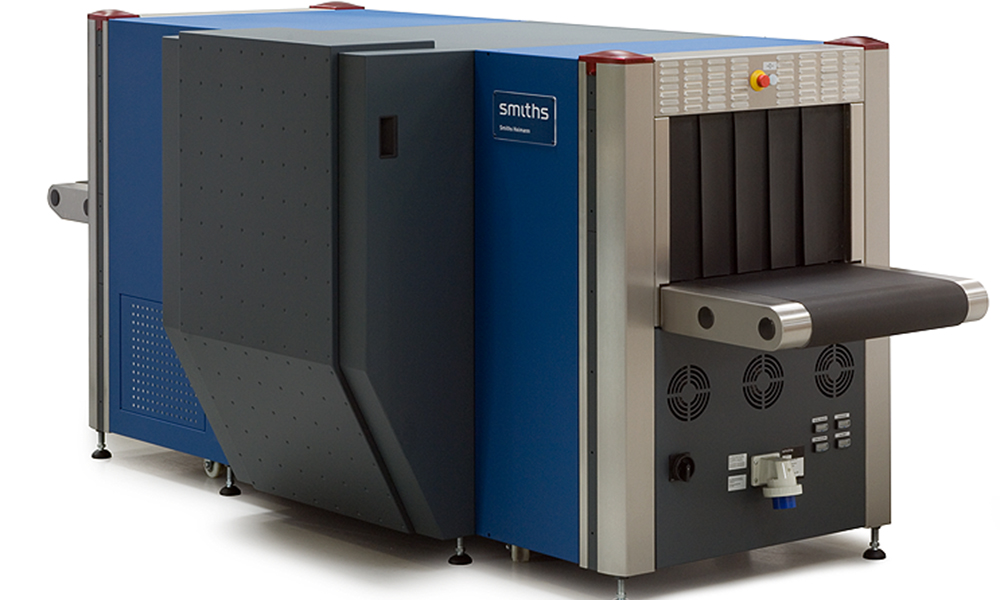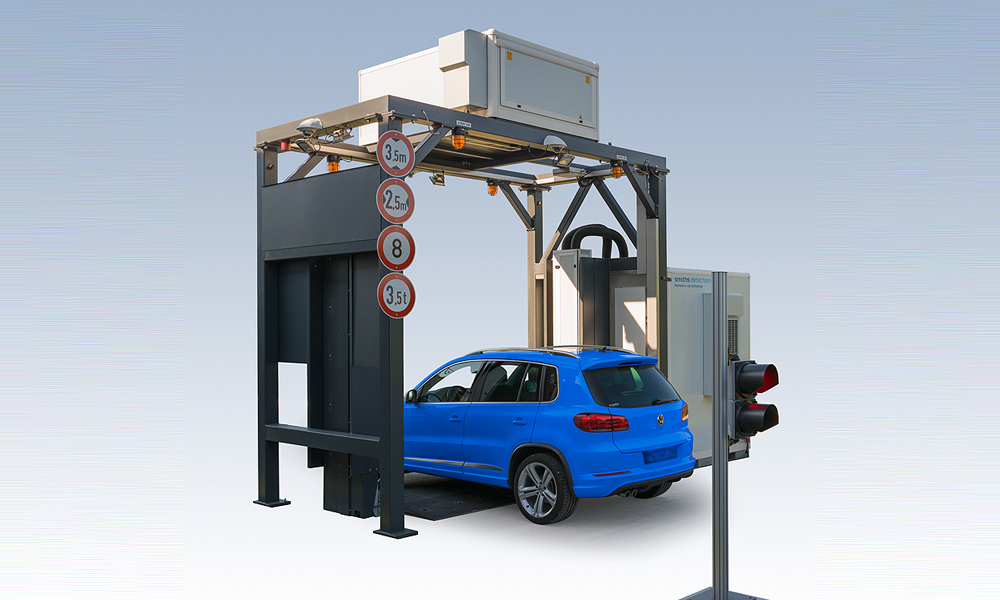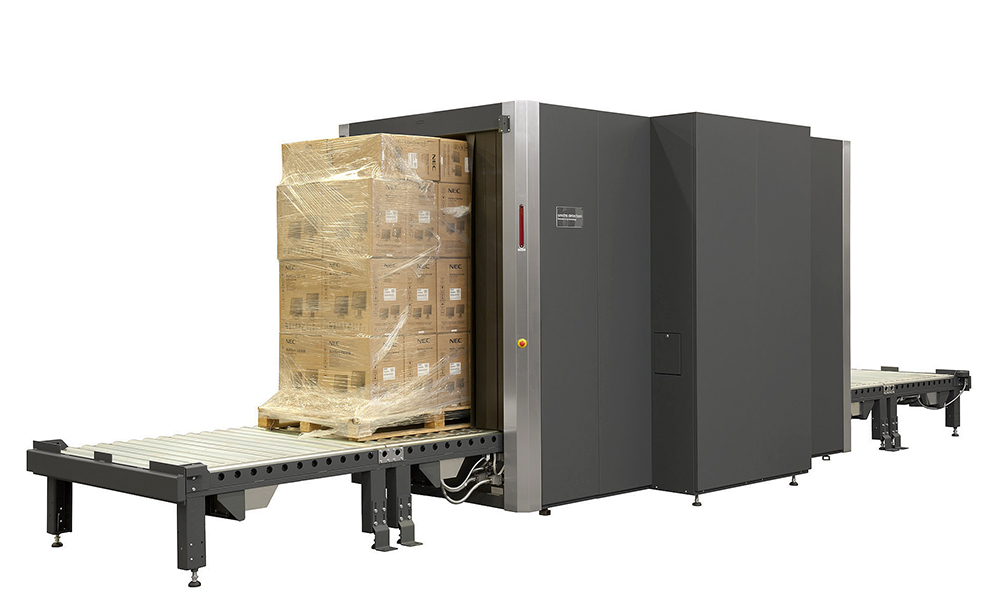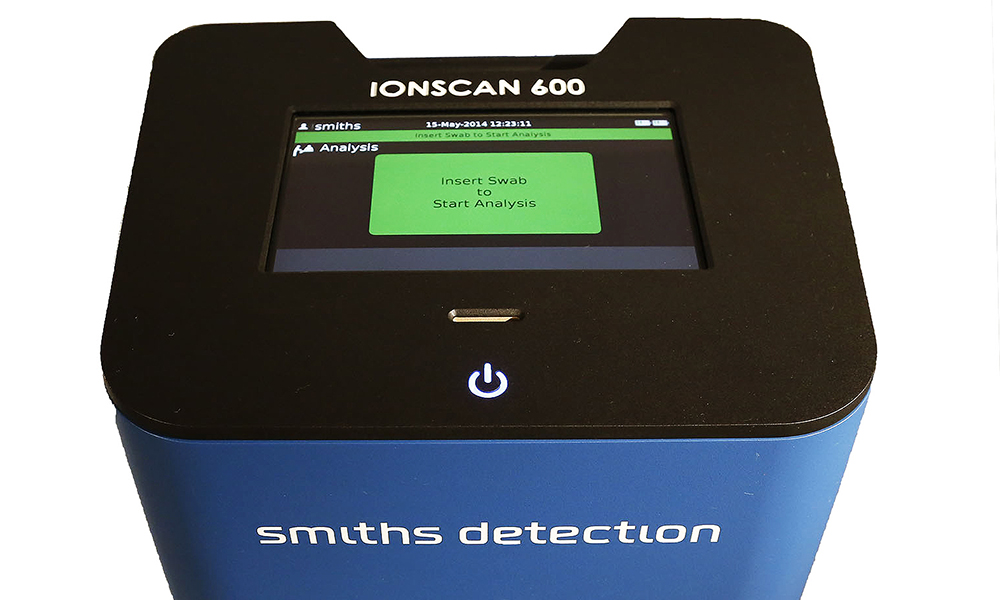Smiths Detection has been awarded contracts worth almost £19m by Falcon Group to provide advanced detection systems for passenger checkpoint, hold baggage and cargo screening to airports across Egypt. The award for X-ray scanners, people screening systems and trace detectors is part of national programme to provide an additional layer of security to existing equipment at airports. Smiths Detection systems were chosen by the Egyptian Ministry of Defence for their lifetime high performance and quality, as proven by earlier contracts.
The HI-SCAN 6040aTiX and HI-SCAN 6040-2is HR, which combine multi or dual view, high resolution imaging with sophisticated software to automatically detect explosives in carry-on baggage, will be deployed at security checkpoints.
The innovative millimeter-wave eqo scanners, which can detect threat items of any material under clothing, will provide additional passenger screening. The recently launched Ionscan 600, which detects and identifies explosives from traces found on baggage or clothing, will be deployed at passenger checkpoints and in hold baggage screening.
Millimetre-wave refers to that part of the electromagnetic spectrum that lies between radio waves and infrared. This spectral band is used in many everyday products such as intruder alarms and driver assist for car parking. Millimetre-waves possess the property of passing transparently through lightweight materials such as clothing fabrics. The property is made use of in mm-wave scanners that find their main application in concealed object detection systems – typically used to identify the presence of weapons and contraband that are hidden beneath a person’s clothing.
Millimetre waves are reflected from the body at different levels compared to hidden objects concealed beneath the clothing. The millimetre waves are received and sophisticated software algorithms analyse the data to locate any concealed objects.
Smiths Detection uses a technology that scans the 3D scene electronically to provide the first no moving parts scanner that is suitable for mass people screening. The system consists of a flat-panel array that produces high quality data that is processed through the automatic detection algorithms in real-time. The transmitted millimetre waves are directed to the panel.
The millimetre waves reflected by the body are sensed by the receiver. The 3D volume is made up of thousands of fine voxels which are all interrogated 15 times every second. This builds up the data for the programmed person who is being scanned that is used by the automatic detection algorithms.
The eqo product – named because it senses millimetre wave echoes – marks an evolution to next-generation technology for millimetre wave scanners. The electronic scanning not only dispenses with the need for moving parts but also dramatically reduces the footprint of the product.
In order to preserve the privacy of people who are being scanned the detection process is automated. In these automatic systems, the data processing algorithms find the position of concealed objects and provides a location indicator on a generic graphic to the system operator. The automated systems also have a faster and more cost-effective screening process.
The fine resolution and high refresh rate allow eqo’s automatic detection engines to produce a high probability of detection with a low false alarm rate.
The contract also includes HI-SCAN 100100T-2is and HI-SCAN 145180-2is X-ray machines for screening oversised baggage and air cargo for explosives and other threats. Additional vehicle and cargo screening will be provided by the CIP-300 and HCVP Z60 car inspection X-ray portals and the mobile HCVMe35 for the inspection of loaded trucks and containers at airport entrances. Deliveries will be completed by August 2016.
Tony Tielen, Regional Vice President EMEA, at Smiths Detection, said: “Enhancing aviation security through leading-edge technology is our top priority. With a broad portfolio of detection technologies, an excellent customer-orientated sales team and a strong local partner, ITI, we are proud to be a trusted partner of the Egyptian Ministry of Defence. The range of screening systems included in this contract will help provide world-class detection capabilities to protect against evolving threats.”
Falcon Group is the main security supplier for Egypt and has relationship with the Military Intelligence, which is a part of the Egyptian Ministry of Defence.
Previously in August 2014, Smiths Detection was awarded a contract from the Morocco Civil Aviation Authority to install high-speed hold baggage explosives detection system. The product supplied is the HI-SCAN 10080 XCT installed in the new passenger terminal at Menara Airport, Marrakech.
The HI-SCAN 10080 XCT provides an imaging solution based on Smiths Detection’s dual-energy, dual-view X-ray technology and Computed Tomography. Its large tunnel opening and fast belt speed of 98 feet per minute or 0.5 metres per second, enables screening of up to 1,800 bags per hour.
The order, the first of its kind from a North African country, closely follows similar contracts with Santiago International Airport in Chile and Bremen Airport, Germany. The HI-SCAN 10080 XCT is the fastest, largest tunnel-sized checked baggage screening system that is EU Standard 3 and TSA certified.
In June 2014, Smiths Detection won a contract with the Ethiopian Airports Enterprise to supply a range of conventional X-ray systems for scanning cargo at Bole International Airport in the capital, Addis Ababa.
The systems include the following:
- HI-SCAN 6040i, HI-SCAN 9075 units for scanning freight
- HI-SCAN 10080 EDX 2-is for the automatic detection of explosives
- HI-SCAN 145180 for palletised cargo.
Re-inspection rates at the airport, which handles more than 52,000 passengers a day, should fall sharply as the advanced systems provide additional layers of security and quality images that reveal detailed contents of freight and baggage.
Smiths Detection offers advanced security solutions in civil and military markets worldwide, developing and manufacturing government-regulated technology products that help detect and identify explosives, chemical and biological agents, radiological and nuclear threats, weapons, narcotics and contraband.


